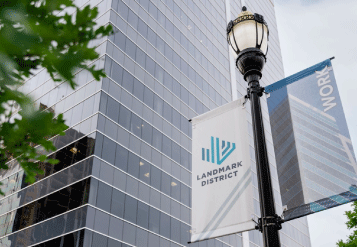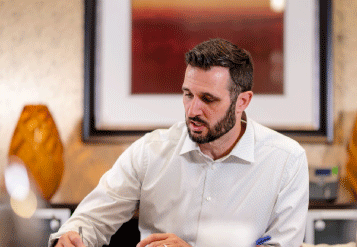Personal Tax Accountant Kelowna
In all the years we’ve been accountants, we’ve never heard anyone say, “My tax bill is too low, I should pay more taxes!” In fact, personal tax rates in Canada get can get very high fairly fast. For example, in B.C. the top tax rate is 53.5%! Even who the government identifies as “rich” is getting more and more complicated.
Our tax planning process is rigorous and is meant to discover any potential efficiencies that are available. We’ve even helped people identify opportunities for tens of thousands of dollars of savings! While we can’t guarantee the same will be true for you, Navigate CPA takes pride in finding every opportunity possible for savings.
Here are some common mistakes we see in personal tax planning we can help resolve:
Claim applicable tax credits and save money for your future.
1. Zero Optimization of Investments (i.e. RRSP, TFSA, Unregistered)
- Do you regularly contribute to your investments? If you do, how have you selected if you should contribute to a TFSA or an RRSP or an unregistered investment?
- RRSPs represent one of the strongest tax breaks available and you should be regularly contributing to them if at all possible. While there are many factors to take into account, this is something we believe that all clients should strongly consider.
- TFSAs and unregistered investments should be utilized when the possibility of future withdrawal is high.
2. Accumulating Assets in One Spouse’s Name
- Accumulating investment assets (stocks/bonds, real estate, etc.) in one spouse’s name results in the income from those investments going to that one individual (see 4.).
- With the highest tax rate in the 50% range, this can result in half of your investment earnings going to the government and greatly slows asset accumulation.
3. Owing Rental Property(s) Personally—Commonly in One Person’s Name
- The rental income and any gain on the sale of the properties will be reported by whoever owns the property(s).
- Determining how to own the property(s) (i.e. own jointly, put into a holding company, or owned by the low-income spouse) is a complex topic thanks to recent rules put out by the CRA. We help our clients determine the most tax-efficient method to hold properties.
4. Maximizing One Spouse’s Income
- Due to the challenges of raising children, we often see families focus on one spouse’s income leaving the other spouse at home to raise the kids. Few people know just how much this can affect you financially due to taxation.
- Taxation in Canada rapidly accelerates once you earn over $100,000 per year. However, the rates change every year, so we can’t include specifics, but we’re happy to share the current rates with anyone who wants to know.
- The highest rate of tax is roughly 50% of the income earned—it’s almost pointless to earn money if you only get to keep half!
- There are numerous ways one can legally structure their affairs to get income into the hands of both spouses.
We regularly write Blogs on tax planning concepts that break down all of this as well.
Free Consultation
Set yourself up for freedom. Find the right opportunities to save money and earn more income for you and your business by setting up an appointment with one of our accounting professionals.

Corporate Tax Planning
Corporate Tax Planning is the process of finding the optimal structure of your business to reduce taxes over the life of your business. Tax rules are constantly changing and staying on top of them is crucial.

Financial Planning
A financial plan is a documented mathematical representation of your finances today and where you will be over the course of your life. It’s made to be easy to understand and simple to read.

Cash Flow Forecasting/Budgeting
Not sure if you’re taking your business in the most profitable direction? Find out with our help if that’s the case and how to manage your profits and expenses to get there.

